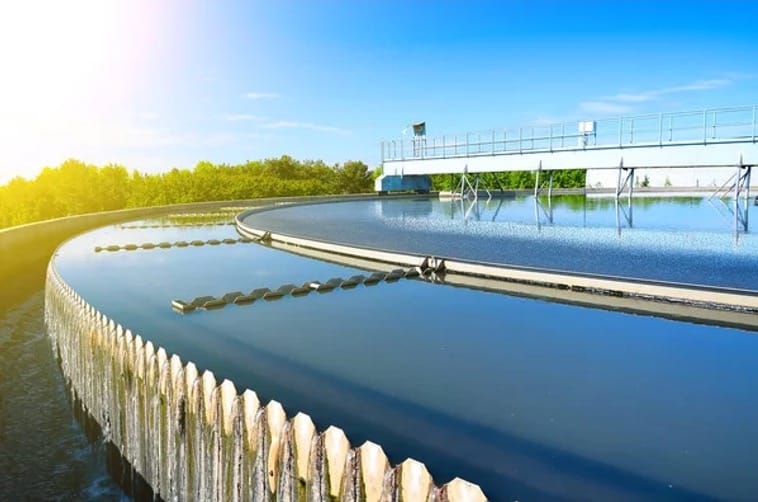Bioflocs
Wastewater treatment plants consume large quantities of non-biodegradable chemicals derived from non-renewable resources. The aim of the project is to assess the potential of using bio-based reagents instead of traditional chemicals to agglomerate/densify matter and facilitate the separation of clarified water.
The coagulation/flocculation of matter is a unitary physico-chemical operation widely used in all wastewater treatment plants for water clarification. The chemical reagents traditionally used in these processes do not come from renewable resources (metal salts or synthetic polyacrylamide-based polymers from the petrochemical industry) and have a significant impact on the environment. These products are found in water discharged into the natural environment and/or in sludge that is spread, composted or incinerated. The 2015 Energy Transition Act encourages wastewater treatment operators to significantly reduce their environmental footprint, in particular by reducing or replacing current reagents with eco-responsible and/or biodegradable reagents. This type of product has shown promising results for this type of application, but few have gone beyond the laboratory to be deployed on the scale of the treatment plant.
This project proposes to put in place a methodology for selecting biosourced products in order to assess their suitability for deployment at plant scale to treat one or more types of matrix (wastewater, different types of sludge). This multi-scale approach involves a survey of local products available on an industrial scale, a detailed characterisation of the biopolymers and flocs/agglomerates formed with the selected matrices, a behavioural study of these flocs/agglomerates with a view to their separation from the water, and pilot-scale tests to be more representative of the stresses they will undergo in industrial equipment. This project is linked to a broader project aimed at finely characterising the properties of flocs in order to better understand, control, optimise and model their behaviour in separation facilities. This link will make it easier to test the most promising biobased products at plant scale, which is the aim of this project.
2022-2024: BIOFLOCS
Nature-based solutions for agglomerating and structuring wastewater and sludge matter for separation
Head of CEREGE :
Danielle Slomberg
Financing :
- Carnot Water & Environment Institute
Partners :
- IFTS - Institut De La Filtration Et Des Techniques Séparatives - Pascal Ginisty


